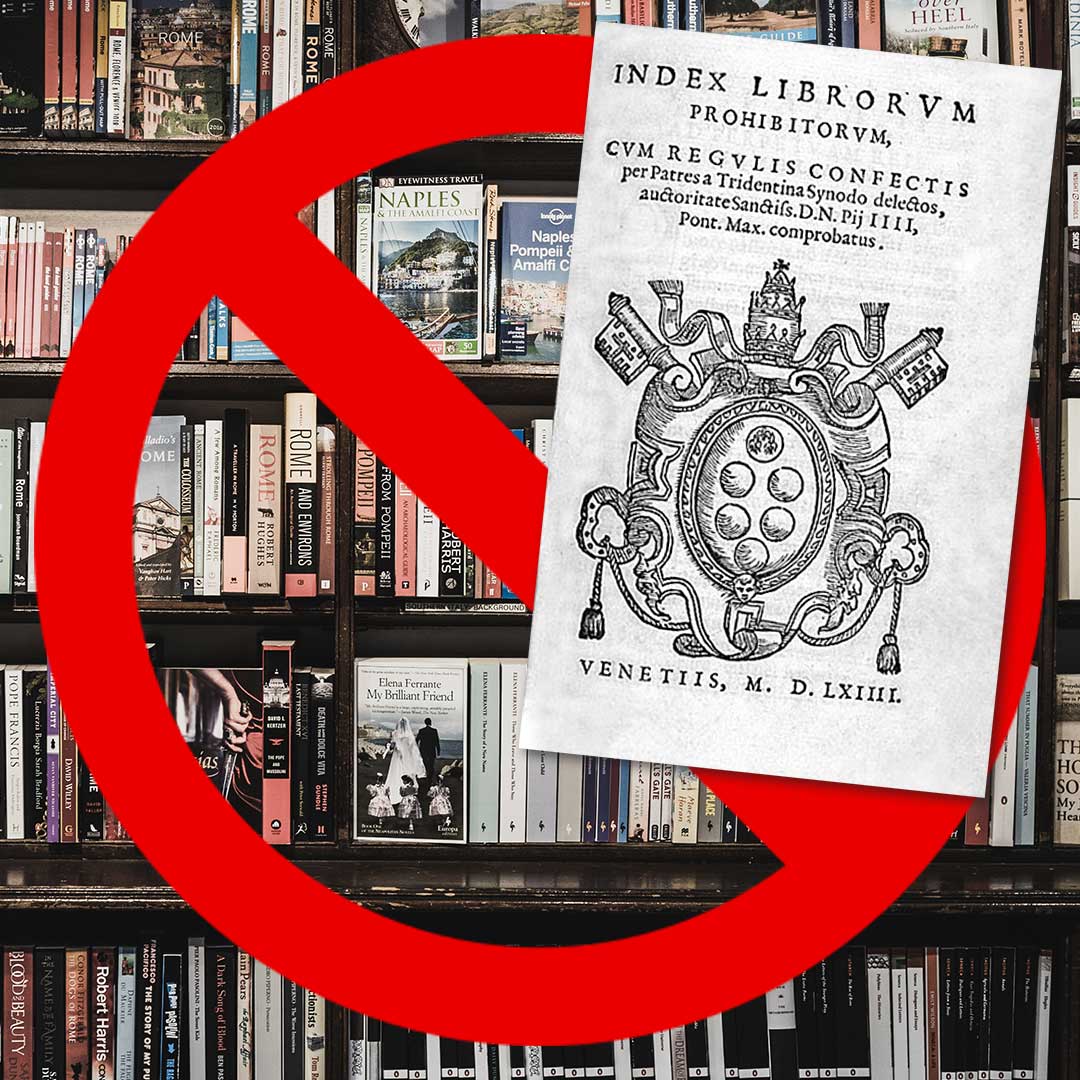Does the Church still Ban Books?

(Inset) The cover of the Librorum Prohibitorum of 1564. The Index was a list of publications which the Church censored for being a danger to itself and the faithful.
Question: The Catholic Church used to publish an index of forbidden books, but that seems to have faded away. Does the Church still condemn books?
Answer: The Catholic Church stopped publishing its Index of Forbidden Books, also known as the Index Librorum Prohibitorum, in 1966.
The list was first published in the 16th century to regulate Catholic teachings and beliefs by banning books that were considered heretical or dangerous to the faith.
These included writings by such highly regarded figures as Jean Paul Sartre, Voltaire, Immanuel Kant, John Milton, and Galileo. It also included non-Catholic translations of the New Testament and Jewish texts. Catholics faced excommunication for reading, publishing, selling or even owing them.
When Pope Paul VI abolished the Index in 1966, he said that it conflicted with the Church’s principles of freedom of thought and inquiry.
While the Catholic Church no longer maintains an officially sanctioned list of forbidden books, the Church does continue to monitor written and artistic works that could be considered contrary to Catholic doctrine or that might potentially harm the faith of its people.
The Church no longer bans particular books, but the Vatican still reserves the right to condemn books that are judged to be theologically erroneous.
Pope John Paul II established the Pontifical Council for Culture in part to oversee the monitoring process of non-theological books and to provide guidelines for the faithful regarding the proper use of secular media, but also to enter into a dialogue with contemporary culture, even when its expression is at odds with the faith. The culture council is now part of the Pontifical Council for Dialogue with Non-Believers.
Authors of Catholic works concerning scripture, theology, Church history, or morality are advised to submit their books to the local bishop for a nihil obstat (“nothing forbids”) and imprimatur (“let it be printed”) before publication, but in practice only a few do, and often those who do are advised that for their book, no permission from the ordinary is required.
- Furgione Graduates Rome Film School with Honours - March 3, 2026
- Mass Readings: 8 March – 15 March, 2026 - March 3, 2026
- Pope Leo: Jesus is Living Wisdom - March 2, 2026





